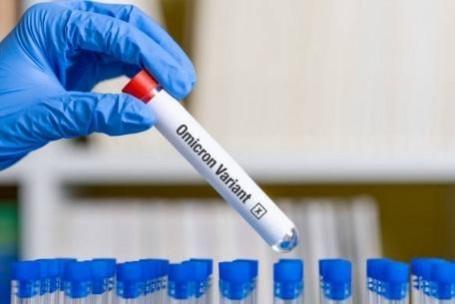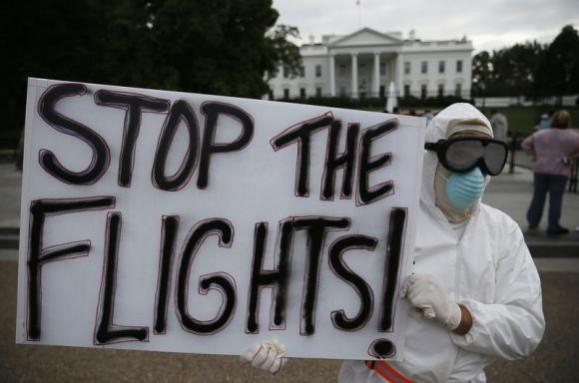On Dec. 2, the first-ever Omicron case in India was reported from Karnataka. Two days later, the third case was reported from Gujarat which became the second state with a confirmed Omicron case.

A fortnight since, several cases were reported sporadically in but on Dec. 15, the total in just one day reached 12 fresh cases, taking the national tally to 73 and is still counting. The new infections also gave the states of Tamil Nadu, Telangana and West Bengal, their first Omicron cases.
Most states on high alert now have a confirmed case
In the first week of December, the Centre wrote to five states namely, Odisha, Karnataka, Kerala, Tamil Nadu, Mizoram and the Union Territory of Jammu and Kashmir, putting them on high alert.
Almost all of the 12 fresh cases reported are either returned international travellers or close contacts of those who first caught it after returning from abroad. Which for the moment takes care of concerns regarding the community spread of Omicron variant.
Maharashtra & Delhi
As per the data confirmed by officials and compiled across the states, Maharashtra has the maximum number of confirmed Omicron cases at 32, followed by Rajasthan with 17 new cases of the variant.
After Delhi which has six confirmed infections, Kerala has five, while Gujarat four, Karnataka three and Telangana two. Apart from these states, one infection each has been reported so far from West Bengal, Andhra Pradesh, Chandigarh and Tamil Nadu.
Spreads to Tamil Nadu, Telangana and West Bengal
On Wednesday, Tamil Nadu, Telangana and West Bengal reported their first cases of the Omicron variant. With the variant taking three new states in its ambit, it has now spread to eleven states and UTs so far.
In Tamil Nadu too, the patient has a travel history. The 47-year-old man had travelled to Chennai from Nigeria via Doha on December 10. So far, at least six of his relatives and one co-passenger have tested positive.
The first reported case from West Bengal is nothing short of a horror story for the parents of school-going children. The 7-year-old boy, infected with the Omicron variant, had come to Kolkata via Hyderabad from Abu Dhabi a few days ago.

Kerala reports 4 and counting
On Wednesday, four more Omicron positive cases were reported from Kerala. Health Minister Veena George confirmed the development and said that of the total four cases reported on December 15, two cases are of the wife and mother of the first Omicron positive person in the state who had returned from UK.
Measures to contain the variant
What is being done to contain the Omicron variant from spreading further? More importantly, is it enough to stop the highly infectious variant in its tracks?
Soon after West Bengal reported its first Omicron case, Chief Minister Mamata Banerjee asked people to follow all the Covid protocols and abide by the norms.
As per government notification, all international passengers entering India have to submit 14-days travel details and upload a negative RT-PCR report on Air Suvidha portal. Those coming from at risk countries (that is South Africa, Brazil, Bangladesh, Botswana, China, Mauritius, New Zealand, Zimbabwe, Singapore, Hong Kong, Israel, and European nations including Britain) have to take the post-arrival Covid test, followed by seven-day home quarantine and take a retest on the eighth day.
Five per cent of total flight passengers coming from 'not at risk' countries will have to undergo random testing. Most state governments have issued statements regarding intensified surveillance of Covid protocols and field tests.
World health agencies on Omicron
Will it lead to a third wave is a question that many organisations have attempted to predict, so far? But not the extent of transmission or severity of the disease. The EU health agency European Centre for Disease Prevention and Control (ECDC) on Wednesday warned that vaccinations alone weren't enough to stop the spread of Omicron variant. It emphasized that "strong action" was urgently needed.
"In the current situation, vaccination alone will not allow us to prevent the impact of the Omicron variant, because there will no time to address the vaccination gaps that still exist," said ECDC in a statement.
World Health Organisation (WHO), in its latest weekly Covid update, has said that though preliminary evidence indicates that vaccines and previous infection may be less effective against the Omicron variant, but more data was required to better understand the extent to which Omicron could evade immunity.









